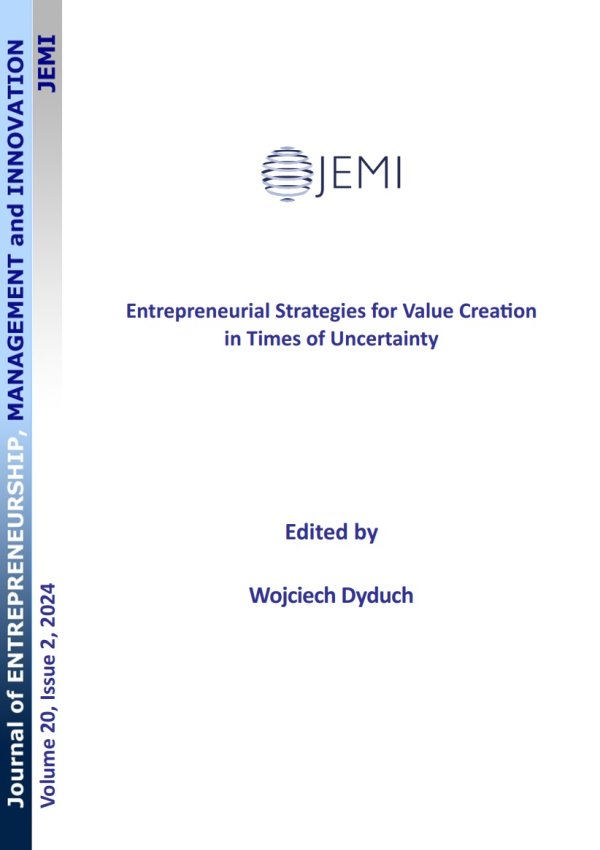Suwaluck Uansa-ard, Assistant Professor, Faculty of Management Sciences, Chiang Mai Rajabhat University No. 202 Changhuak Rd, Tambon Chang Phueak, Mueang Chiang Mai District, Chiang Mai 50300, e-mail: This email address is being protected from spambots. You need JavaScript enabled to view it.
Wisuwat Wannamakok, Corresponding author, Ph.D., Graduate School, Dusit Thani College 1 Srinagarindra 49 Alley, Nong Bon, Prawet, Bangkok 10250, e-mail: This email address is being protected from spambots. You need JavaScript enabled to view it. 
Abstract
PURPOSE: Although the COVID-19 pandemic has had a catastrophic effect on economic activities worldwide, the paradoxical phenomenon of this black swan situation may be found to facilitate entrepreneurial intentions. This study aims to investigate Thai university students’ perceptions of their entrepreneurial aspirations during the times of the COVID-19 pandemic. METHODOLOGY: Drawing upon social cognitive career theory, this research investigates the profound linkage of university students’ COVID-19 perceptions and attitudes towards situations for self-believing in the adaptation for entrepreneurship. A valid sample of 798 collected from eight provinces, eight districts, and eight cities throughout Thailand was included for further analysis using Structural Equation Modelling (SEM) and Process Macro Model 6. FINDINGS: University students’ COVID-19 pandemic perceptions influence their self-efficacy in situation adaptations and perceived desirability towards individual-level entrepreneurial intentions. Interestingly, self-efficacy and desirability towards entrepreneurship act as serial mediating factors, towards the mediated relationship between attitude towards the situation, COVID-19 perception, and university students’ entrepreneurial intentions. IMPLICATIONS: The results of this research can add to entrepreneurship literature and additional model testing has also been proposed. Besides, practitioners and researchers could collaborate with governors to cultivate entrepreneurial trajectories based on research findings. ORIGINALITY AND VALUE: Social cognitive career theory (SCCT) can rationalize an academic student’s career choice of entrepreneurship by considering their perception of the start-up processes during COVID-19. Future research can also test findings on a representative sample at the national level.
Keywords: COVID-19, entrepreneurial intentions, self-efficacy, attitude, situation, desirability, social cognitive career theory






